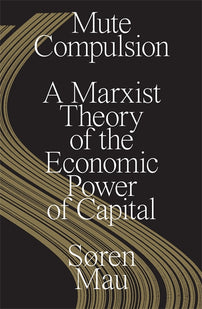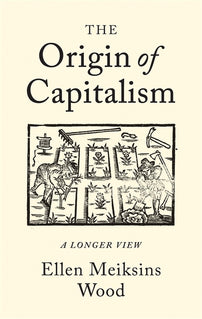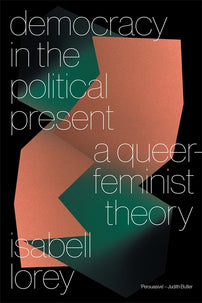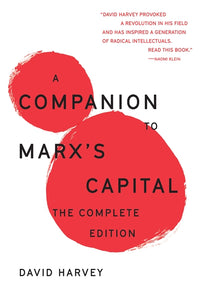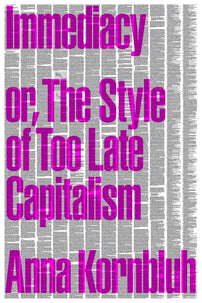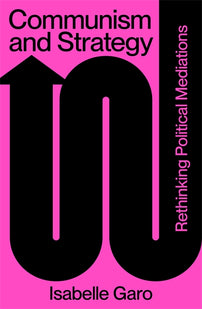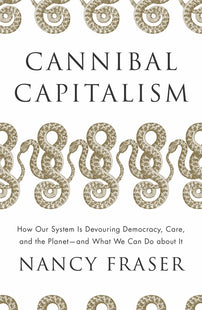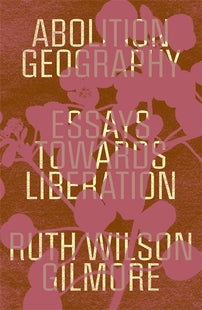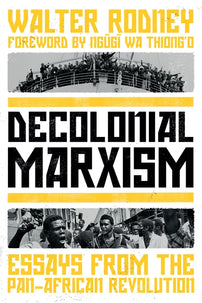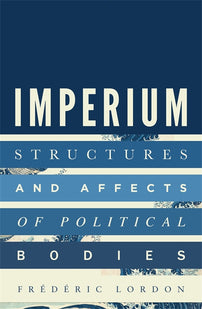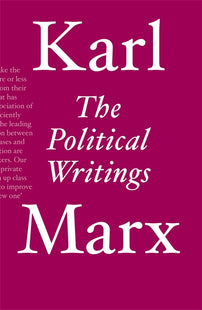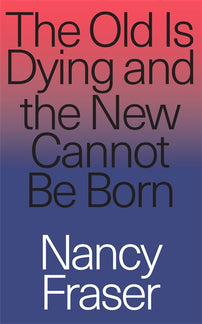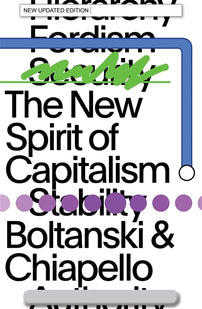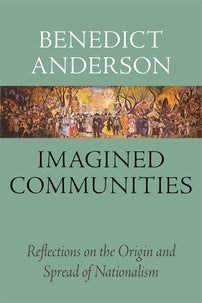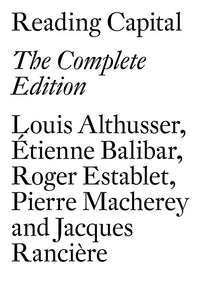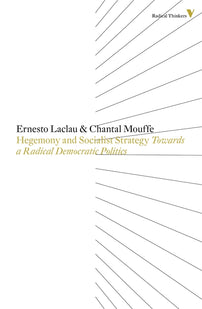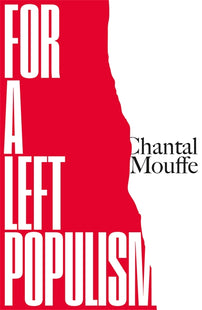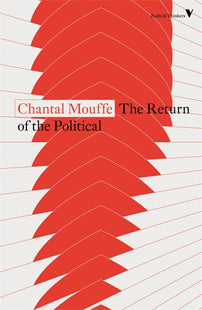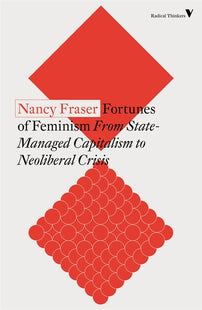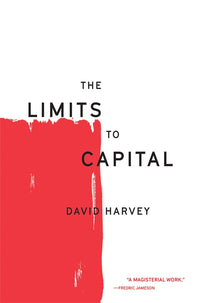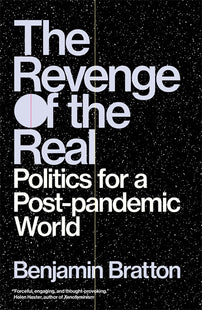Political Theory: Verso Student Reading
Featuring Walter Rodney, Ellen Meiksins Wood, Theodor Adorno, Erik Olin Wright, Nancy Fraser, and Benedict Anderson. Up to 40% off as part of our student reading sale.

With the rise of global economic instability, the looming threat of catastrophic climate change, and capitalism close to breaking point, the time has never been more ripe to arm yourself with the political theory you need for the struggles ahead.
Student reading sale: ends September 30
30% off if you buy 3 or more titles
40% off if you buy 4 or more titles
Discount will be applied in cart. Separate orders can't be combined.
See all our Student Reading here.
[book-strip index="1" style="buy"]
